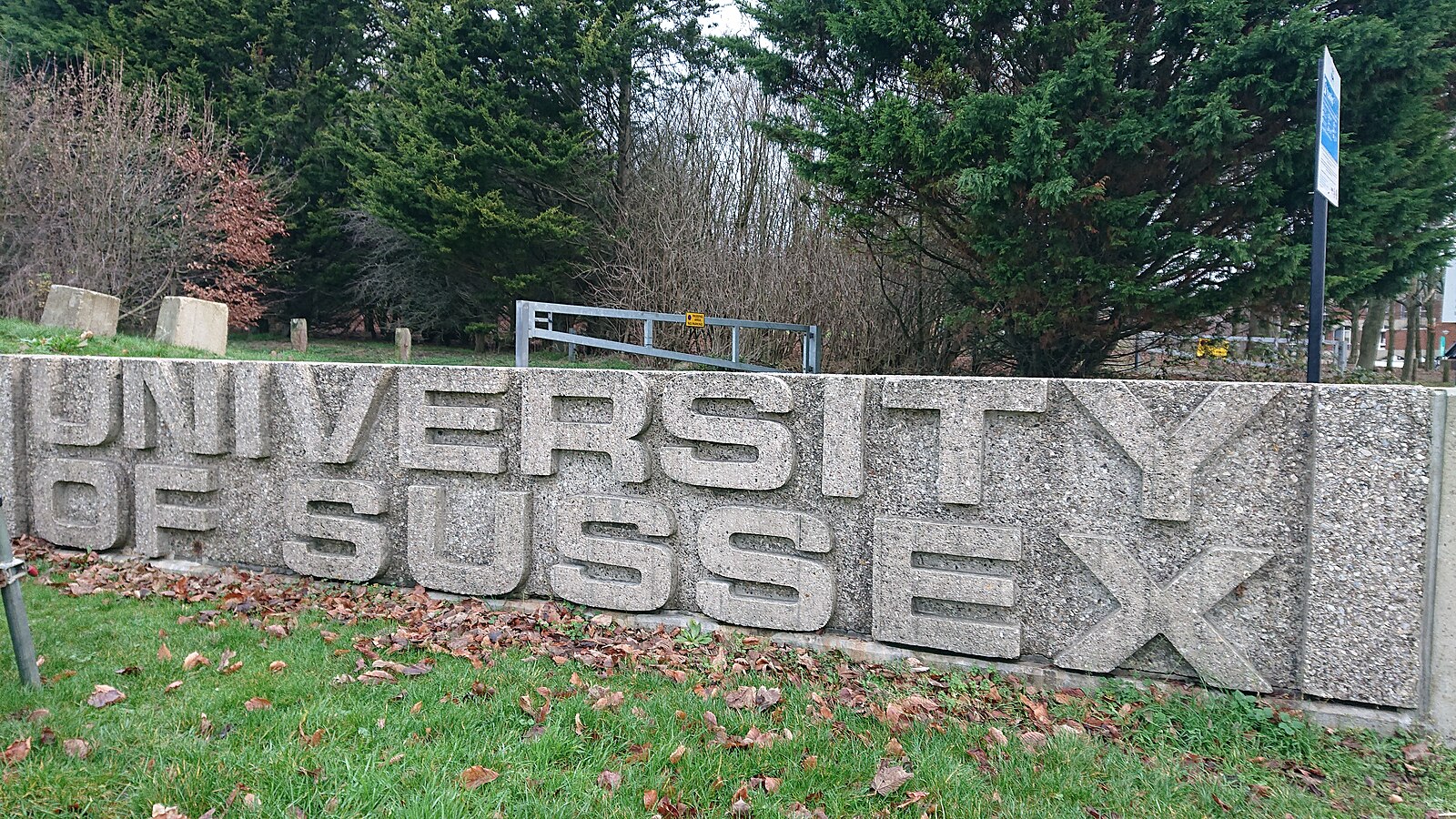There’s a debate about whether or not land conservation can also help local economies. On the one hand, some worry that land protection inhibits economic growth by restricting local resource use or building opportunities. On the other hand, there are those who say land protection can support local economies, because it promotes sustainable resource use, tourism, and recreation and attracts new residents and businesses–on top of the numerous ecological and social benefits that come with pristine nature.
To assess these competing views, an interdisciplinary team of researchers looked at New England. Since 1990, these six states from Connecticut to Maine have protected more than 5 million acres of land, creating a unique natural experiment in conservation. By examining how land protection in New England affected key economic indicators for the 1,500 towns and cities in the region from 1990 through 2015, the researchers hoped to get an answer to the question: Can protecting land promote employment? The answer was a resounding yes.
They found that higher levels of land protection led to greater numbers of people employed, especially in rural areas. Specifically, it was observed that a 1 percent increase in land protection led to a 0.03 percent increase in local employment. For example, if a town with 20,000 employed people increased land protection from 10 percent to 15 percent of its area — a 50 percent jump — its working population increased by 300 people on average over the next five years. This positive effect held true whether the lands were public, private, or large protected timberlands.
Just to be clear, land protection doesn’t mean the land can’t be used for anything. Instead, land protection encourages using land resources sustainably, such as through maple syrup production or regulated timber harvests.











